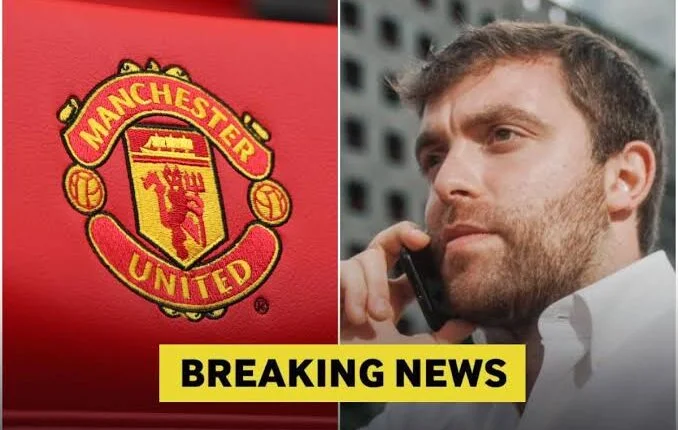DALOT ERUPTS – UNITED DEFENDER REVEALS AMORIM’S TOUCHLINE WORDS THAT LEFT HIM HUMILIATED
BREAKING NEWS: Manchester United’s dressing room has been thrown into fresh turmoil after Diogo Dalot made a shocking revelation in the aftermath of United’s 1-0 defeat to Arsenal at Old Trafford.
The Portuguese full-back, who was withdrawn midway through the second half after a shaky display, has publicly admitted that the words spoken to him by manager Ruben Amorim during his substitution left him angry, hurt, and deeply disrespected.
Dalot, usually calm in the media, could not hide his emotions this time. Speaking to reporters after the game, he confessed:
“This is not the first time Amorim has done this, but what he said to me on the touchline today really hurt. I’ve endured enough of this and he needs to understand that not every player can take such treatment.”
Though Dalot avoided quoting the exact words, several sources inside the stadium claim Amorim openly questioned his fitness levels, tactical discipline, and concentration, bluntly warning that his role in the team is at risk if he cannot show consistency.
Eyewitnesses at the dugout described the moment as tense, with Dalot shaking his head repeatedly in frustration as he brushed past his manager. The defender’s body language made it clear he felt embarrassed by the exchange.
The fallout from this has divided opinion among fans and pundits alike. On one side, supporters praised Amorim’s hardline approach, arguing that every player must be held accountable regardless of reputation.
They believe the squad has grown too comfortable in recent years and that such tough criticism is necessary to spark improvement.
On the other side, many feel the Portuguese coach crossed a line by making his displeasure so public.
They argue that Dalot, who has stuck with the club through difficult periods, deserved private feedback rather than what appeared to be a public dressing-down.
Social media reactions came thick and fast, with fans split into camps. Some accused Dalot of lacking resilience and branded his complaints as a sign of weakness, pointing to his inconsistent form as justification for Amorim’s blunt words.
Others, however, accused the manager of potentially destabilizing the squad, warning that his confrontational style could “lose the dressing room” if players continue to feel disrespected.
This is not the first indication of tension between Amorim and his players. Reports from inside Carrington suggest the manager has already clashed with senior figures since arriving, demanding stricter discipline and higher levels of intensity in training and matches.
The Dalot incident, however, is the most public example yet, shining a spotlight on the fragile dynamics within the squad.
For Dalot personally, this episode may prove to be a turning point in his Manchester United career.
With Amorim clearly unimpressed, he now faces the biggest challenge of his time at Old Trafford: either prove his worth and regain trust, or consider an exit in search of a fresh start.
As for the club, the larger question lingers: is Amorim’s uncompromising “tough-love” philosophy exactly the medicine United needs to rebuild, or is it already sowing division that could derail the season?
